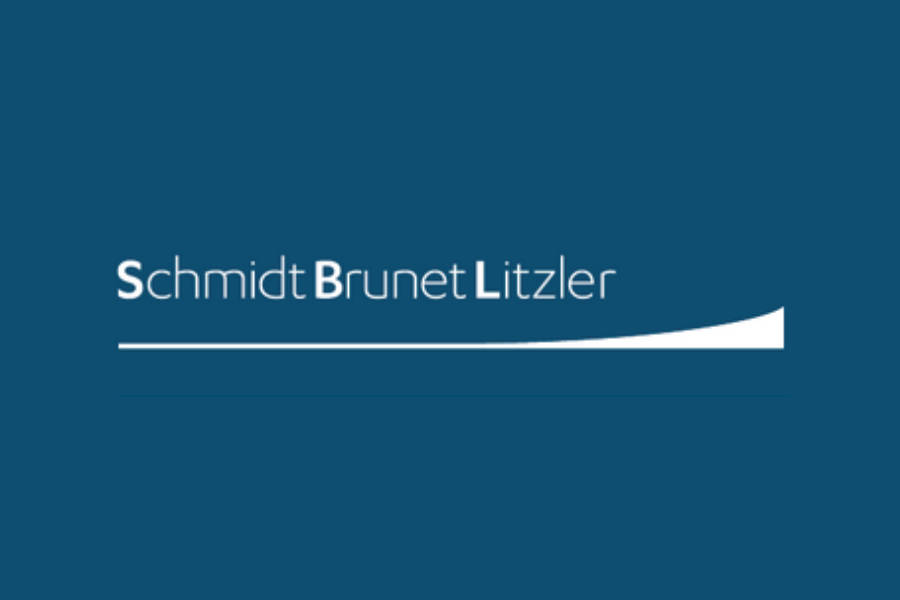
Under a recent ruling (8 December 2022, RG n°19/11225), the Aix-en-Provence Court of Appeal recalled that an author’s moral rights on a work affixed to a building might face limitations.
In this particular case, in 1997, Saint-Georges-d’Orques municipality in the Hérault commissioned a fresco from two artists to decorate the municipal amphitheatre.
In 2014, to ensure public safety, the municipality had to knock down the amphitheatre, including the wall on which the fresco had been painted.
One of the fresco’s two authors brought proceedings against the municipality, demanding compensation for the infringement of his moral rights caused by the destruction of the amphitheatre and his fresco, which was an integral part of it.
As a reminder, an author’s moral rights (article L.1221-1 and seq. of the French Intellectual Property Code) comprise several prerogatives:
– The right to disclosure
Only the author may decide on the first presentation of his work to the public or, on the contrary, not to present it to the public and to keep it within his private sphere.
However, this right is exhausted as of the first presentation of the work in order to protect its potential managers from the author making any claim under this right once exploitation has commenced.
– The right to withdraw or reconsider
Allows the author who has previously transferred his exploitation rights for the work – and not for the physical ownership of the object – to withdraw his work from circulation or to modify it.
This right is however limited to the prior provision of compensation by the author to the transferee of the property rights on the work.
– The right to respect for one’s name, one’s standing as the author, and one’s work
The author has the right to demand that his name or alias be affiliated, or not, with the work.
This right also allows him to demand that his work be presented to the public exactly as he wishes. He may therefore oppose any alteration of any nature to the work (physical modification, means of presentation to the public, context in which it is presented to the public…).
This right allows him to ensure the integrity of his work, that it is not adulterated, and that its spirit is preserved.
On principle, moral rights are imprescriptible and inalienable. They are attached to the work and held by the author and then his benefactors, independent of the actual ownership of the physical object.
The recent decision by the Aix-en-Provence Court of Appeal reminds us, however, that in certain cases, when the work is a building or part of a building – such as a fresco on a wall – this right may be subject to some adjustments.
This right may effectively be limited when it comes up against the rights of the property’s owner.
Hence, the Aix-en-Provence Court of Appeal did not grant the author’s requests on the grounds that:
– The destruction of the amphitheatre that housed the work was dictated by public safety concerns,
– That the fresco’s destruction was an inevitable consequence, and,
– that it was foreseeable for the artist.
It ruled that the destruction could not be considered wrongful and gave rise to the award of damages.
In this sort of case, the judge weighs up the interests involved:
– the author’s moral rights,
– the ownership rights of the owner of the property on which the work is apposed or the building when the subject is an architectural work.
The judge is bound by the current case and must decide on the legitimacy and proportionality of the infringement on the rights of the author whose work has a utilitarian function, both when the work is a building and when the work is integrated into a building.
As regards this utilitarian function, the judge regularly recalled, in respect of architectural works, that the architect may not seek to impose the work’s absolute inalienability; buildings age and require renovations that may imply their physical alteration.
Thus, as decided by the Aix-en-Provence Court of Appeal, an author’s claims may be rejected if the judge considers that the work’s alteration by its owner is justified and proportionate.
The author may only receive compensation in cases of unjustified and/or disproportionate alteration.
In particular, the judge takes into consideration:
– The duration of the work’s exhibition to the public;
– The nature of the alteration. The simple action of repainting a cinema’s doors gave rise to an award to an author of €5,000 in financial compensation for infringement of his moral rights.
It should however be noted that this alteration was not justified on any grounds (Rennes Court of Appeal, 1st chamber, 2 March 2021 – n° 19/01348).
– The grounds cited by the owner. The latter must allow the owner to justify that the work’s alteration is indispensable for the building to be used for its approved purpose (i.e. accommodation, office rental).
The following are considered overriding reasons:
– public safety, as in the current case, wherein the amphitheatre no longer met safety standards and therefore had to be knocked down.
– reasons of public interest,
– environmental concerns,
– public health,
– public hygiene.
* * *
Our team remains at your disposal to assist you and provide the best advice in your best interests, for any projects targeting the alteration of property that you own as well as for any claims you may have as an artist in respect of your author’s rights.





